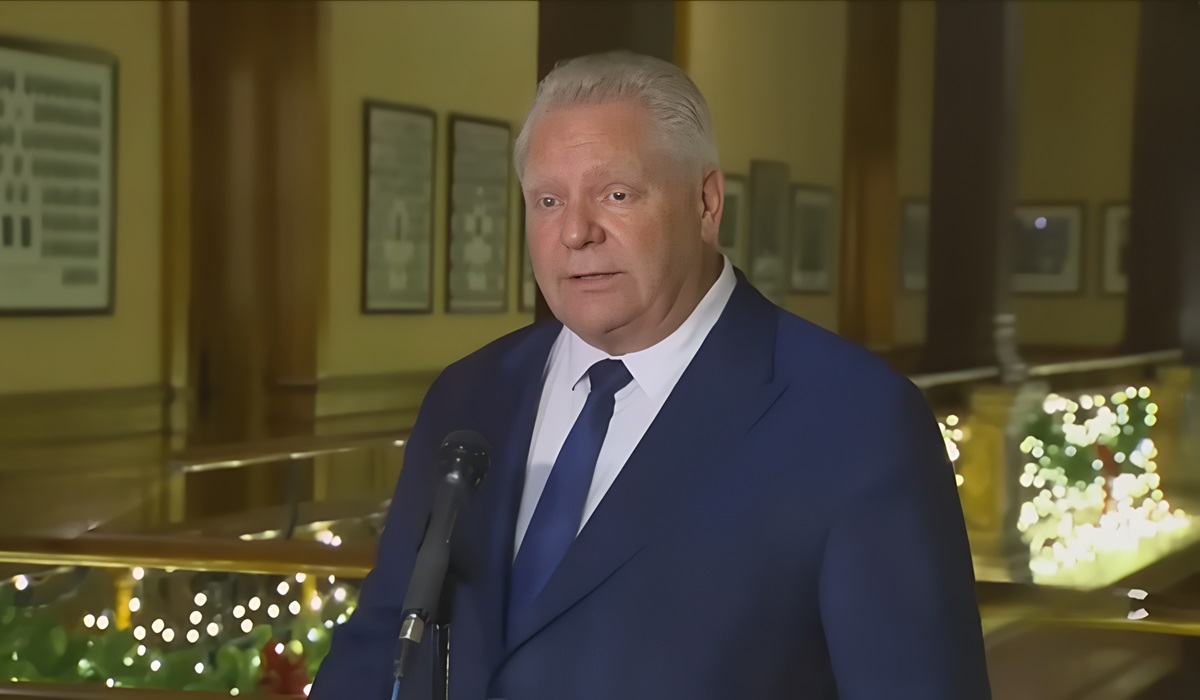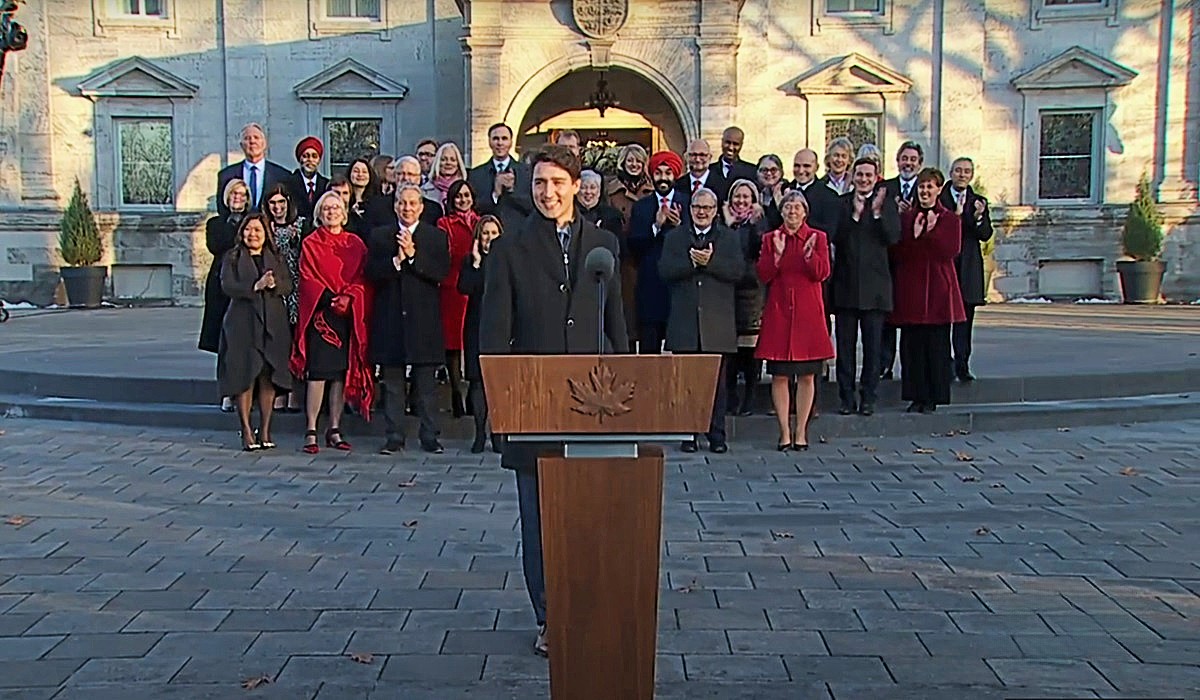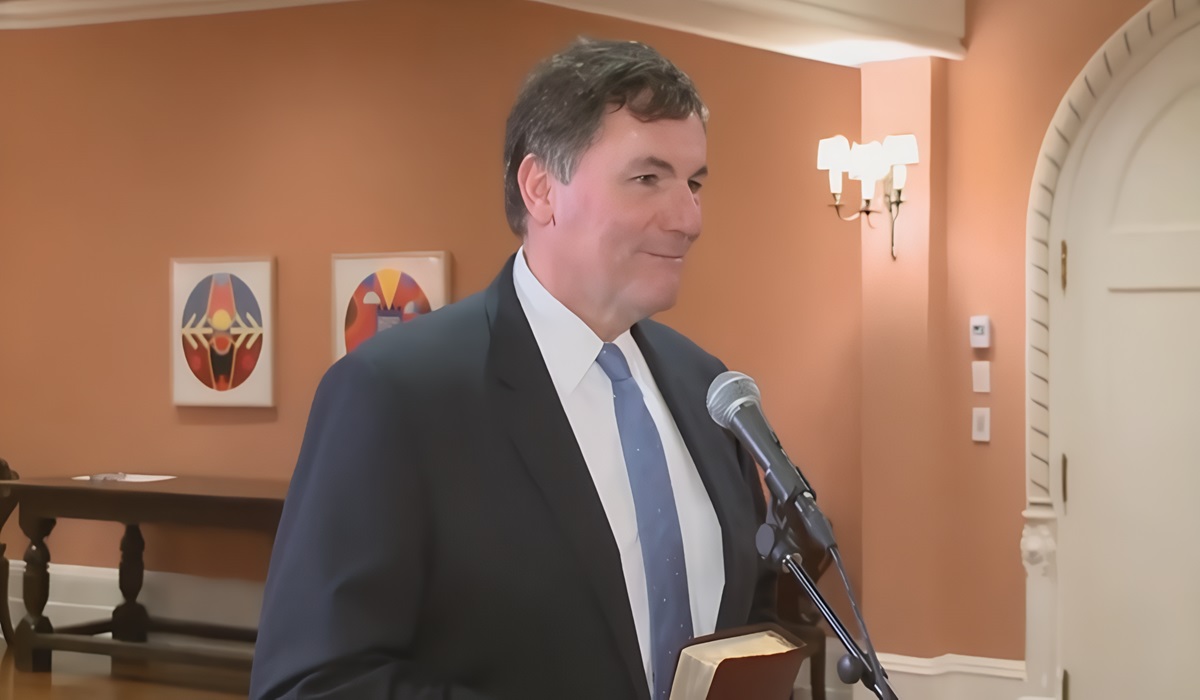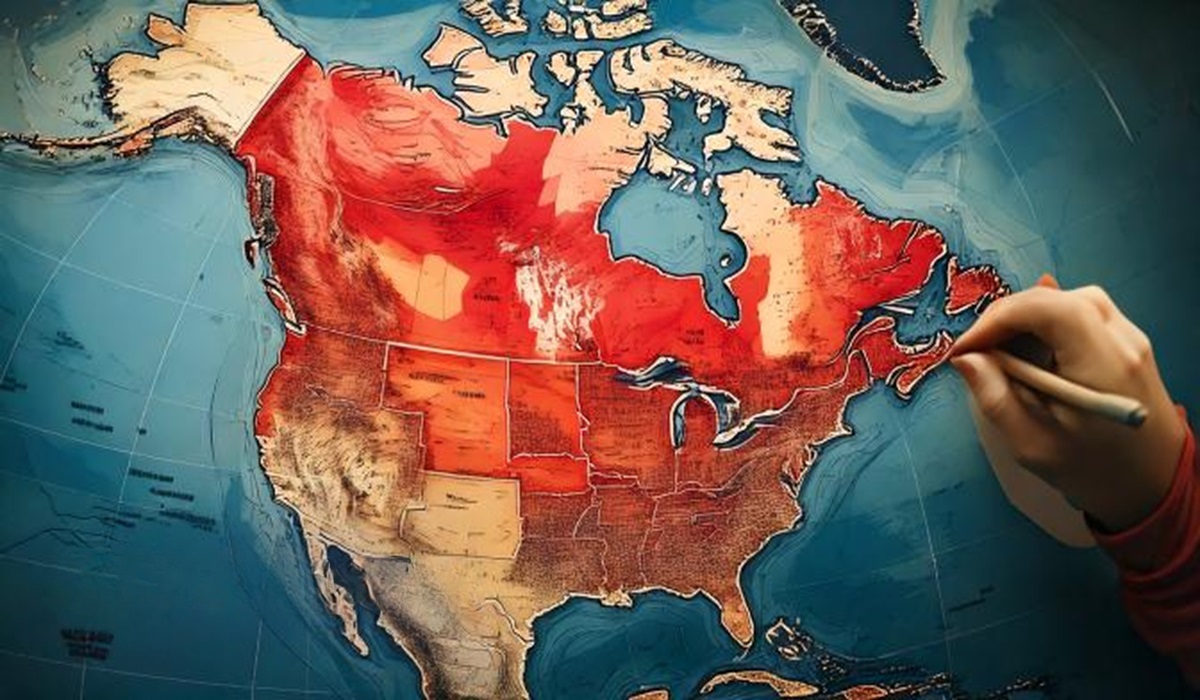Trudeau Backs ICJ’s Arrest Warrant for Netanyahu Amid Genocide Allegations as 2025 Election Nears
- TDS News
- Canada
- November 22, 2024
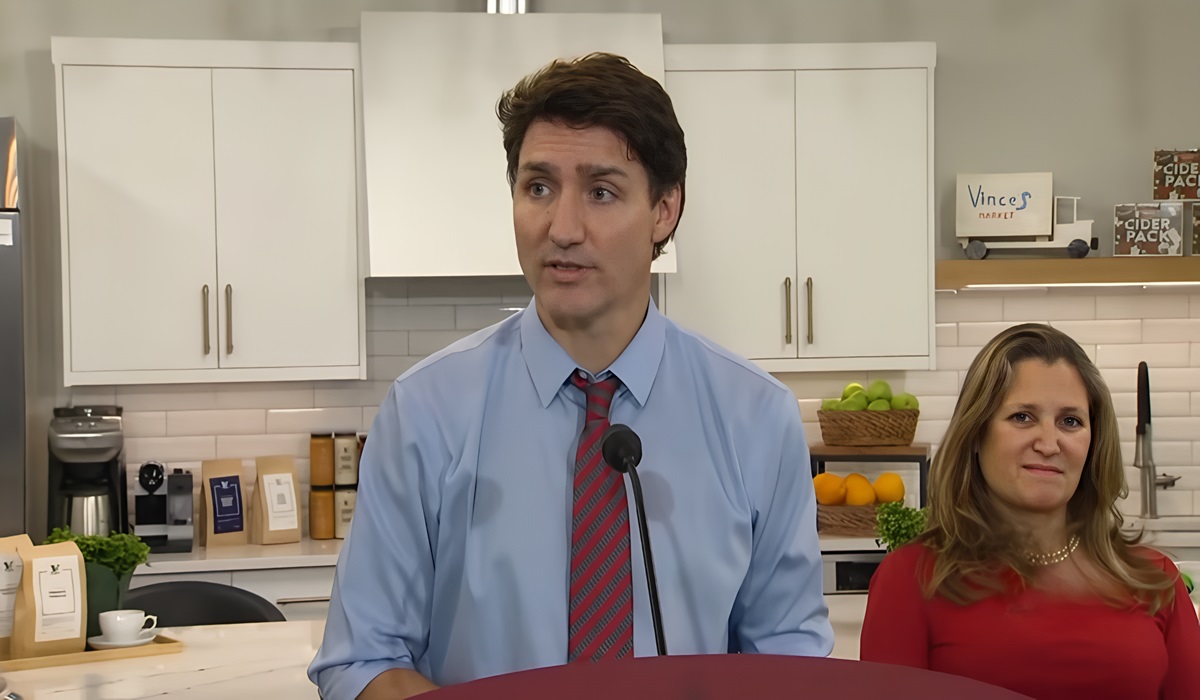
Canada’s position on the International Court of Justice’s (ICJ) issuance of an arrest warrant for Israeli Prime Minister Benjamin Netanyahu and former Defense Minister Yoav Gallant is a significant moment in international diplomacy. Prime Minister Justin Trudeau has reiterated Canada’s commitment to international law, stating, “We are one of the founding members of the International Criminal Court and the International Court of Justice. We stand up for international law and we will abide by all the other regulations and rulings of the international courts. This is just who we are as Canadians.” This statement, while unequivocal, raises questions about Canada’s historically unwavering support for Israel.
As one of 124 signatory nations to the Rome Statute, Canada is obligated to uphold ICJ rulings. This means that Netanyahu and Gallant could be arrested should they set foot on Canadian soil. The warrant accuses them of actions in Gaza amounting to genocide, including relentless bombings, the destruction of infrastructure, and creating unlivable conditions for the Palestinian population. In contrast, Israel claims to have assassinated a key Hamas leader responsible for the October 7, 2023, attack, although Hamas has yet to confirm this assertion. Notably, the arrest of Hamas leaders has not faced significant international resistance, underlining the asymmetry in global responses to accountability.
Potential issues arise with other nations bound by the Rome Statute, including Jordan and the United Kingdom. Jordan’s King Abdullah II, often lauded as a vocal critic of Israeli actions, faces scrutiny for his complicity. While publicly condemning Israeli atrocities, Jordan has allowed Israel to use its airspace to conduct regional strikes and deployed its military to intercept missiles targeting Israel. These actions reflect Jordan’s dependence on billions of dollars in financial aid and incentives from the United States, which heavily influences its foreign policy.
In the United Kingdom, newly appointed Home Secretary Yvette Cooper has continued her predecessor’s unwavering support for Israel, a stance increasingly at odds with public opinion. When pressed by reporters, Cooper refused to confirm whether the UK would honor the ICJ warrants against Netanyahu and Gallant, highlighting a growing divide between government policy and public sentiment.
The implications for Canada and its allies are profound. Trudeau’s acknowledgment of the ICJ warrant marks a potential shift in Canadian foreign policy, but it also invites scrutiny of past complicity. Canada remains a significant arms supplier to Israel and has often mirrored U.S. positions in defending Israeli actions. The ICJ ruling brings these contradictions into sharp focus, particularly as Canada approaches a federal election year.
Domestically, the Trudeau government faces mounting discontent from Muslim, Arab, and Palestinian communities. These groups, critical of Canada’s inaction on Israeli policies, hold substantial influence in key Liberal strongholds like Quebec, Ontario, and British Columbia. The erosion of support mirrors a broader trend seen in the United States, where similar communities rejected the Democratic Party for its perceived complicity in Israeli actions.
The ICJ ruling serves as a litmus test for Trudeau’s leadership. While his recent remarks affirm Canada’s commitment to international law, critics argue this commitment should have manifested long before international pressure mounted. Trudeau’s decision to honor the ICJ’s arrest warrant may be seen as a step toward restoring moral authority, but it also reflects the growing electoral calculus of a leader grappling with declining approval and internal party fractures.
The arrest warrants for Netanyahu and Gallant, coupled with Israel’s continued assertions about Hamas, underscore the complexities of Middle Eastern geopolitics. As the ICJ ruling gains traction, the international community must reconcile its commitments to justice with the political and economic realities that often undermine such efforts. For Canada, this moment is an opportunity to align its actions with its values—if only it can rise to the challenge.





